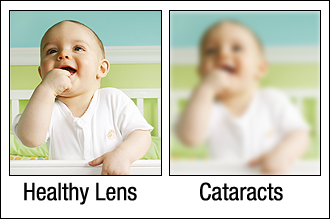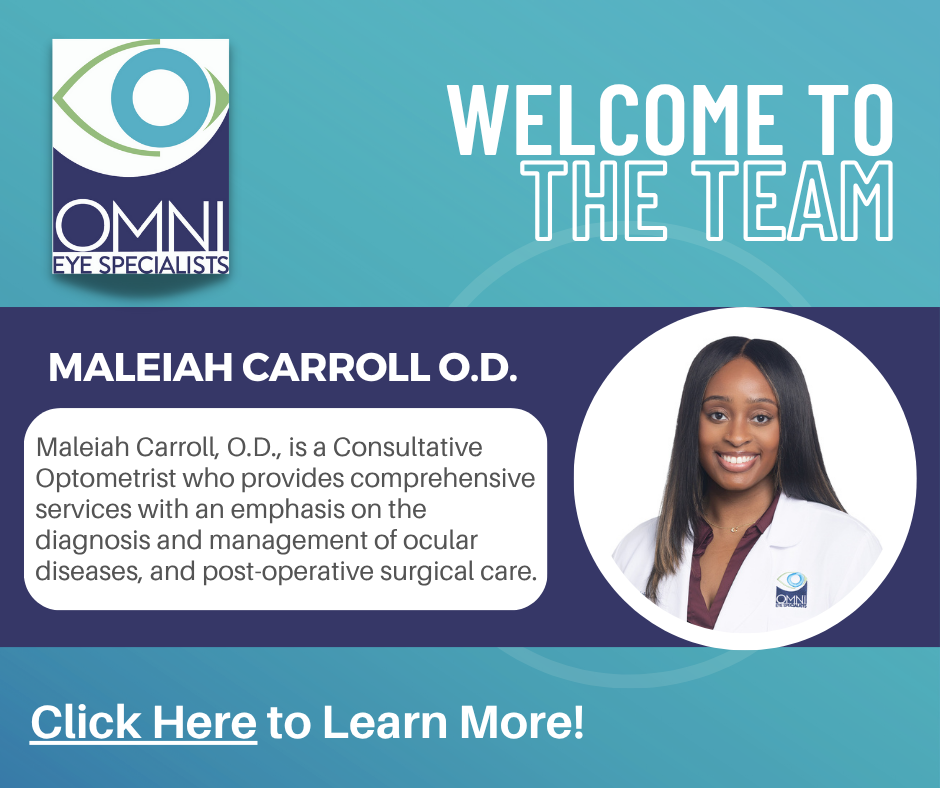6 Signs It's Time to Consider Cataract Surgery
June 22, 2023
Is your vision blurry? Do you feel like you're looking at the world around you through a dirty or foggy window?
You may have cataracts. Cataracts are an incredibly common age-related eye condition. They are so common, in fact, that about half of all adults develop cataracts by age 75.
But once you're over 40, your risk of developing cataracts increases. Cataracts can affect your vision; as they mature, they can lead to significant vision loss.
Luckily, you can treat cataracts by having cataract surgery. But you may not realize that most patients don't need cataract surgery immediately.
Most cataract surgeons only recommend cataract surgery if your cataracts begin to affect your quality of life. Keep reading to learn more about cataracts and 6 signs that it's time to consider cataract surgery!
Cataracts and Cataract Surgery
Cataracts occur when the natural lens of the eye, which is supposed to be clear and transparent, becomes cloudy. If the lens becomes cloudy, this is a cataract.
Cataracts usually develop due to aging. The older you are, the more likely you are to develop cataracts.
You can also be born with cataracts, develop them due to diabetes, or from corticosteroid use, among other reasons. However, the most common cause of cataracts is because of aging.
All adults over the age of 40 are at risk for cataracts. Although cataracts are typically associated with older seniors, you can develop them as early as your forties or fifties.
However, you may not realize it when they first begin to develop. You could have a cataract for several years without any discernible visual symptoms.
That's because it can take many years for a cataract to develop and affect your vision. If you find out you have cataracts, but they aren't affecting your vision, your ophthalmologist will likely recommend waiting for cataract surgery.
Once a cataract starts impacting your vision and making it harder to do the things you love, it's time to start thinking about cataract surgery. Are you struggling to do simple things like cooking dinner or doing laundry?
Do you feel like you're stuck in your home because of your impaired vision? These are all signs that cataract surgery is worth considering.
You should have your cataracts diagnosed early so your eye doctor can monitor their progression. Once you turn 40, start having more frequent eye exams to ensure early diagnosis of cataracts and other eye conditions.
If you have cataracts, your ophthalmologist and cataract surgeons can help you determine when you'll need cataract surgery. Cataract surgery can restore all vision loss from cataracts by removing them and the natural lens.
Here are 6 signs that it's time to start thinking about cataract surgery.
1. Blurry Vision

The cloudier your lens becomes, the harder it is to see through. It's like trying to see through a foggy window.
You may be able to get by on a stronger prescription temporarily, but this will only help up to a certain point if you have cataracts and are struggling with blurry vision. Your vision is blurry because you can't see through your natural lens, so no amount of refractive correction will help.
The only way to restore blurry vision from cataracts is through cataract surgery. With cataract surgery, you'll have the natural lens removed and replaced with an artificial lens called an intraocular lens.
2. Trouble Seeing Without Plenty of Light
 Cataracts make it harder to see in low light. You may notice this when you try to read or complete other close-up tasks, as you need direct lighting to see what you're doing. This symptom is often mistaken for presbyopia, which many cataract patients also have.
Cataracts make it harder to see in low light. You may notice this when you try to read or complete other close-up tasks, as you need direct lighting to see what you're doing. This symptom is often mistaken for presbyopia, which many cataract patients also have.
Presbyopia makes it hard to focus up close. However, presbyopia alone doesn't affect your night vision. If you need direct light to see up close, this is typically a sign that you have cataracts and should consider having cataract surgery.
3. Difficulty Driving at Night

In addition to poor night vision, if you have cataracts, you may notice halos appearing around lights. They also make glare more intense.
These symptoms together can make driving at night difficult and even dangerous. It can be hard to see in the dark, and headlights from other cars and street lamps can be blinding.
If you struggle to drive at night because of your cataracts, you should stop driving in the evening for your safety. You'll be able to return to driving at night once you've had cataract surgery.
4. Faded Colors
Cataracts affect your color perception. The more developed your cataracts become, the more muted and yellowish colors appear.
Since cataracts develop very slowly, this effect can be hard to notice. But if you have trouble seeing objects against similarly colored backgrounds or comparing similar colors, it's a sign you have advanced cataracts and should consider surgery.
5. Self-Isolation
 You may spend more time at home when you can't see well due to cataracts. Going out when you can't see well can be difficult, especially when you can no longer drive after dark.
You may spend more time at home when you can't see well due to cataracts. Going out when you can't see well can be difficult, especially when you can no longer drive after dark.
You may also be embarrassed about your poor vision. There's nothing to be ashamed of when you can't see well, but it can still be hard to ask for help from friends and loved ones.
If you find yourself isolated because of poor vision, it's time to consider cataract surgery to regain your independence.
6. Injury Due to Poor Vision

If you trip and fall or otherwise injure yourself because you can't see well enough to avoid obstacles, this is a sign that you need to think about cataract surgery. You shouldn't wait until your safety is threatened to have cataract surgery, but if you're injuring yourself because of worsening vision, it's time for cataract surgery.
There's no reason to feel unsafe if your vision is no longer as clear as it once was. Getting cataract surgery is a quick and safe way to regain your clear vision and independence.
Do you recognize any of these signs? If so, make an appointment today with Omni Eye Specialists in Baltimore, MD, to learn more and take the first steps toward regaining your vision!




